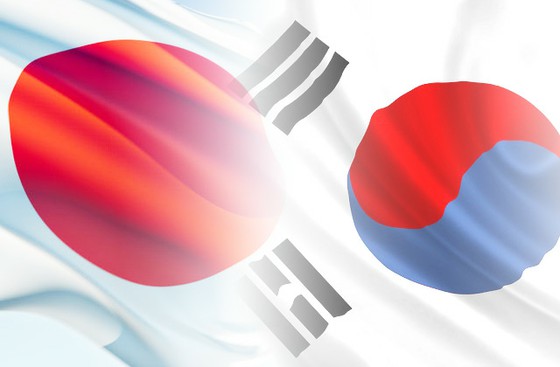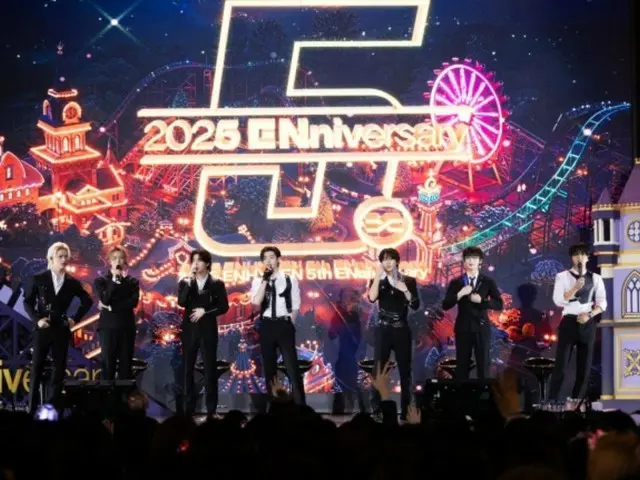 |
I think it is the most esoteric national flag in more than 200 countries around the world. Each temperament can be read only by the contrasting difference of this flag.
A Korean who seems to be rational to a simple Japanese!
The Japanese flag is simple and clear in the frame of the Hinomaru and does not talk much, but in the Korean people, the circle is reminiscent of "yin and yang, men and women, left and right", and the opposite patterns are drawn. It has entered the uneven shape. Depending on the point of view, it seems to be dynamic or conflicting.
This liquidity seems to be the characteristic of Koreans. Looking at the fierce conflict between young men and women (20 to 30 cars), such as the continuation of the wartime state due to the long division of north and south, the ultimate battle for maintenance and progress in the previous presidential election, and the fault between young men and women (20 to 30 cars). I envy the flexibility of the Japanese people who compromise and live separately in consideration of their position.
Meanwhile, Korean politics continued for nearly half a century with President Lee Seung-man (Syngman Rhee), Park Chung-hee (Park Chung-hee), and President Chun Doo-hwan (Chun Doo-hwan), and the democratization movement by citizens and students succeeded in 1987. The new political system was discussed.
There were many opinions to introduce a cabinet system like Japan because of the harmful effects of dictatorship until then, but Koreans chose the presidential system, which is easy to become a dictatorship of their own choosing. Rather than compromising and segregating in each field, the method of violently confronting each other and integrating them into one force (symbolized by the yin and yang of the Taegeuk flag) is more suitable for Koreans.
No national flower has been established in both Japan and South Korea, but when you think of Japan, you associate it with "cherry blossoms," and in South Korea, "Mukuge" is the standard. Sakura is loved by Japanese people for its simplicity and cleanliness that blooms and scatters in the spring.
On the other hand, the common hibiscus is a vibrant flower that blooms from July to early October and blooms and scatters, and its red, white, and yellow colors are clearer than those of cherry blossoms, which suits the Korean atmosphere. The vitality that blooms and appeals over and over again, which does not end once, symbolizes the stickiness peculiar to Koreans. It symbolizes that even if it is attacked and oppressed by countless different ethnic groups, it does not dent and protects its own country and culture to this day.
In the "Otoko wa Tsuraiyo" series, which is said to be a national movie in Japan, there is a phrase "Tell me that, tell me" in the name line of the main character, Tora-san. Ken Takakura is a representative actor in the aesthetics who does not like to speak unnecessarily. I'm worried about not being upset about the other person's feelings.
It was also a virtue of the old samurai "without talking silently". Rather than making a loud noise, I think the Japanese method is to read the nemawashi, Aun's breath, and the atmosphere of the place, quietly decide where to drop it, and put it in a good condition.
On the other hand, South Korea finally convinces the other party, saying, "I have to say that." It's as if it's a loss if you don't say it ... I sometimes see people fighting in the city or on the subway, but I don't care about the surroundings and raise a loud voice to appeal my correctness. Is it because of that?⁉ The reason why the streets of South Korea seem to be noisier than Japan ...
This difference has geographical and geopolitical aspects, but when introducing various systems from China, Japan took various points, but the fact that it did not adopt the Confucian examination system had a major impact. I think I did. The Imperial Examination is a system that employs government officials, and the system has continued in Korea from the latter half of the 10th century to the present day.
The degree of desperation is not uncommon, and the enthusiasm for education has been accepted to this day, because the imperial examination opens the way for power, money, and honor. It's no longer reported, but it's almost always reported in the newspapers a decade ago that everyone passed the top of this year's Seoul University with a photo, and of course those who graduated at the top ... .. It was introduced to the media that one of the presidential candidates of the "People Power Party" party also entered Seoul National University at the top and passed the bar examination with the best grades.
Educational enthusiasm may not be inferior to that of South Korea in Japan, but as I mentioned last time, Japan has a good tradition of being the best in each field without necessarily aiming for the University of Tokyo, and has a wider industrial base than South Korea. The conditions are in place, so it's not as fierce as South Korea, nor is it centrally oriented.
Speaking of central orientation, the Korean presidential system also falls into that category. Even if you're not a college student or a politician, you can exercise more power than an American president overnight as long as you win the election. <Continued next time>
* Contributed by Gon Young-dae, the representative of the Korea-Japan Temperament Comparison Study Group. Graduated from the Department of History, Seoul University, and completed the graduate school of the newspaper. "Do you really know" Korea "? Author
2022/06/23 15:03 KST


